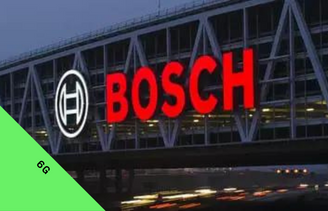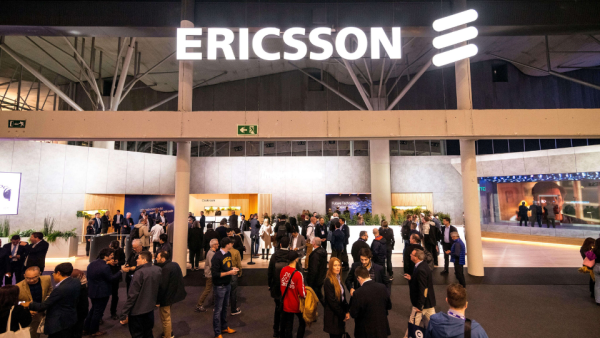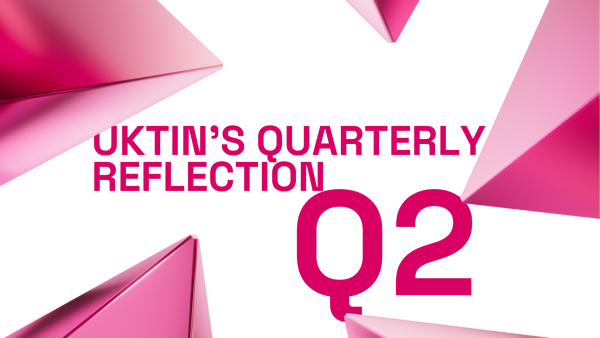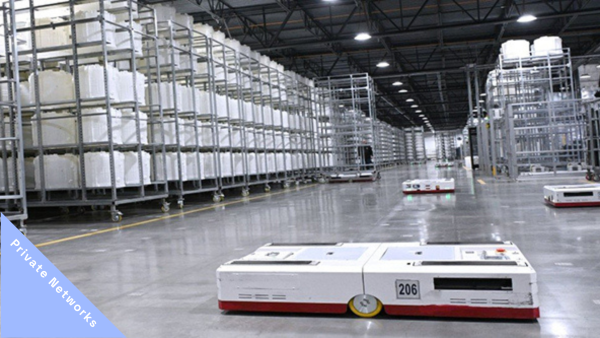Written by James Blackman for RCRWireless.com

MWC 2023: Bosch has said it is working with Nokia to develop industrial IoT solutions based on incoming 6G cellular networks. It follows the same joint work, formalised by the pair in a partnership in 2017, on 5G networks, now coming to market, mostly based on private 5G deployments. German industrialist Bosch is looking to shape the telecoms agenda via 3GPP work items for Industry 4.0, again, as it has with development of the 5G NR standard.
Its new work with Nokia on cellular-based industrial IoT extends their 5G research collaborations into the 6G era. Bosch is investing “several million euros” in 6G research and development, it said, in line with interest from enterprises and governments. Bosch noted its future application to ramp-up the Industry 4.0 vision in transport, industry, and city environments. Not much tangible detail about the partnership is available in the press statement.
Bosch has effectively used MWC to remind the telecoms sector of its role as an industrial sounding board for development of the 5G NR standard, and talked up the potential of 6G to integrate new functionalities “similar to radar sensors”, among other things – which, combined with digital twins, will make it possible to monitor and “simulate real-world manufacturing processes in a virtual world with no temporal and spatial restrictions”.
It stated: “With 6G, it will be possible to detect the position of objects in the network’s coverage area – without these objects having to be equipped with a radio module. 6G will enable extremely high data rates of up to one terabit per second, with very low latency in the order of some 100 microseconds – which is four times faster than a lightning strike.” Bosch is working with Nokia on 6G for “both communications and sensors”.
The 6G standard is pegged for completion in 2028, at the earliest. Bosch has 40 people working on 6G projects, it said; it expects the number to double over the next two years. Bosch is contributing to five publicly funded projects: the 6G-ICAS4Mobility, KOMSENS-6G, and 6G-BRAINS projects (all focused on integrating “communication and sensor-based environment recognition”), plus the 6G-ANNA and 6G-SHINE projects (“new connectivity structures”).
Bosch has a role in the 5G Automotive Association (5GAA) for automotive and telecoms crossover, and the 5G Alliance for Connected Industries and Automation (5GACIA) for industrial IoT. The German government is providing some €700 million over the next three years to fund 6G activities. A further €900 million has been set aside for EU research projects, covering the period to 2027. Between them, Japan and the US are investing €4.5 billion into 6G research.
Andreas Müller, in charge of various industrial 5G and 6G activities at Bosch, commented: “6G will be much more than just an infrastructure for connectivity; it will greatly increase the efficiency of autonomous driving cars, smart cities, and connected industries. That’s why 6G is a strategically important field of technology.”
Click here to read the original article.






